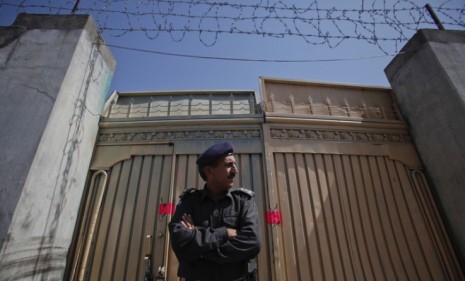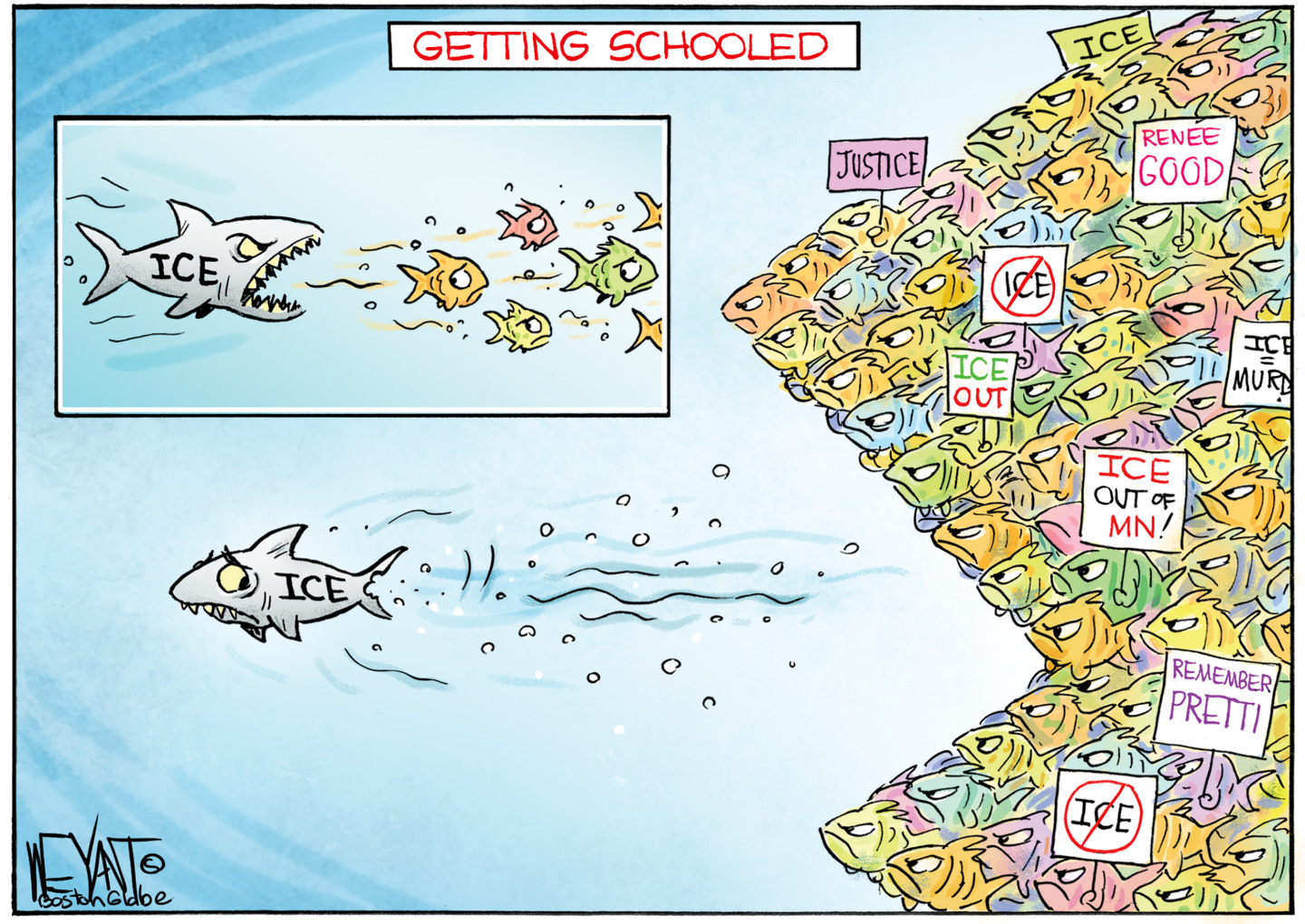What's on Osama bin Laden's hard drive?
The U.S. team that killed the al Qaeda boss also captured a treasure trove of hard drives and memory sticks. What will we find? Here, 5 theories

The Navy SEALs who stormed Osama bin Laden's hideout took more than his dead body from the compound: They also took five computers, 10 hard drives, and more than 100 thumb drives, DVDs, and other digital media, not to mention old-fashioned paper records. Intelligence experts say this "treasure trove" of data is as big a deal as killing bin Laden — and maybe even bigger. "Can you imagine what's on Osama bin Laden's hard drive?" one official tells Politico. Here, bloggers and reporters take their best guesses:
1. The "mother lode of intelligence"
That's how one U.S. official describes the al Qaeda data haul, and many analysts agree. Hundreds of intelligence personnel are combing through the drives in Afghanistan, with their immediate focus on uncovering any attacks in the works, especially those planned if bin Laden was killed; names and addresses of al Qaeda leaders, notably heir apparent Ayman al-Zawahiri; and, as Power Line's John Hinderaker notes, the true nature of Pakistan's "suspicious, to say the least," relationship with bin Laden.
The Week
Escape your echo chamber. Get the facts behind the news, plus analysis from multiple perspectives.

Sign up for The Week's Free Newsletters
From our morning news briefing to a weekly Good News Newsletter, get the best of The Week delivered directly to your inbox.
From our morning news briefing to a weekly Good News Newsletter, get the best of The Week delivered directly to your inbox.
2. Details on who funds al Qaeda
U.S. authorities are particularly eager to see if the hard drives hold the keys to al Qaeda's finances, say Matthew Mosk and Brian Ross at ABC News. If they can follow the money trail, the entire terrorist network becomes vulnerable — cash payments could be traced to operatives, and backwards, to patrons. "Al Qaeda has traditionally been funded by deep-pocket donors," says former Treasury official Stuart Levey. Now those benefactors "have real reason to worry," and no stable figurehead to funnel money to.
3. Encyclopedia al Qaeda-ica
After the data is mined for high-priority, actionable intelligence, there are still decades worth of puzzle pieces to put together regarding al Qaeda's history. "We may find out from this data how far bin Laden has actually been at the center of everything — how much he was a figurehead and how much he had a hands-on role," says Gareth Price at the British think tank Chatham House. And even if Osama tried to cover his tracks by erasing files, forensic specialists can usually un-delete much of it.
A free daily email with the biggest news stories of the day – and the best features from TheWeek.com
4. A frustratingly encrypted goldmine
Hold on, because U.S. intelligence analysts may not even be able to read bin Laden's files, says Jacob Aron in New Scientist. "Modern encryption techniques are mathematically uncrackable if used correctly," and al Qaeda has in the past pushed would-be jihadists to use the near-bulletproof AES-256 encryption scheme. No, CIA supercomputers will crack open bin Laden's files, says Gizmodo's Jesus Diaz, "even if the terrorists are using the AES-256 standard." With any luck, "terrorists are just as sloppy as the rest of us," adds Arik Hesseldahl in D: All Things Digital. They, too, "make up easy-to-guess passwords, don't go to the effort to encrypt their sensitive files, and leave unencrypted documents in directories where they're easy to find."
5. Nothing... but al Qaeda will be terrified
Intelligence officials certainly seem very confident they'll find the goods, says Xeni Jardin at Boing Boing. But "here's a crazy thought: What if there is no cache of [Osama bin Laden] devices, and this is disinformation spread to destabilize what remains of al Qaeda morale?" Indeed, "if you are a relatively senior al Qaeda operative," says John Ellis at Business Insider, you know that U.S. officials have "purposely decided to leak out this information." You don't know if the U.S. really has the goods, or even what kind of records bin Laden has been keeping on you, but you have to assume the U.S. is on your trail. That will freak the operatives out, which is "exactly what the U.S. national security establishment hopes to create: Fear and confusion in the ranks."
-
 Bad Bunny, Lamar, K-pop make Grammy history
Bad Bunny, Lamar, K-pop make Grammy historySpeed Read The Puerto Rican artist will perform at the Super Bowl this weekend
-
 Political cartoons for February 2
Political cartoons for February 2Cartoons Monday’s political cartoons include ICE getting schooled, AI in control, and more
-
 Democrats win House race, flip Texas Senate seat
Democrats win House race, flip Texas Senate seatSpeed Read Christian Menefee won the special election for an open House seat in the Houston area